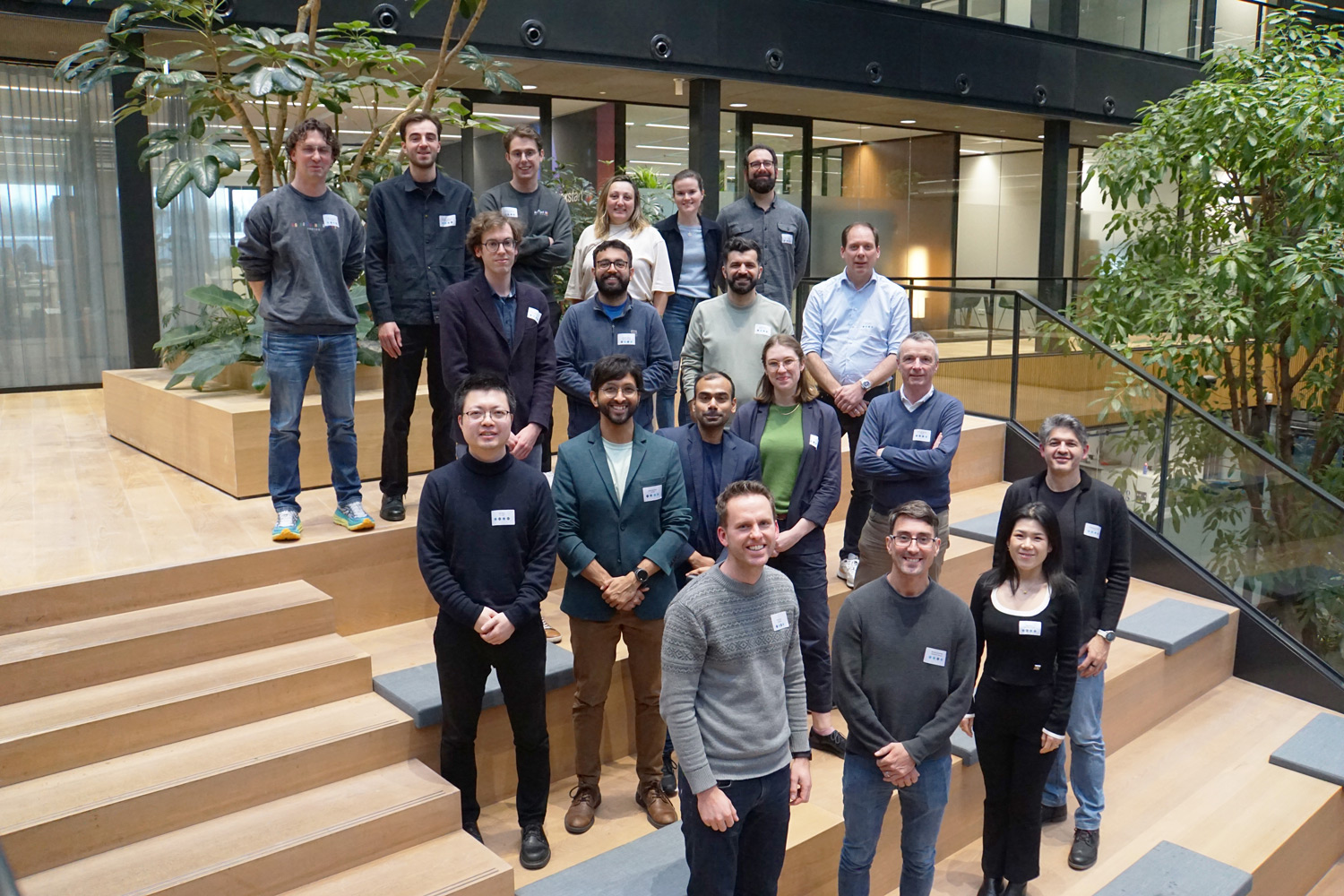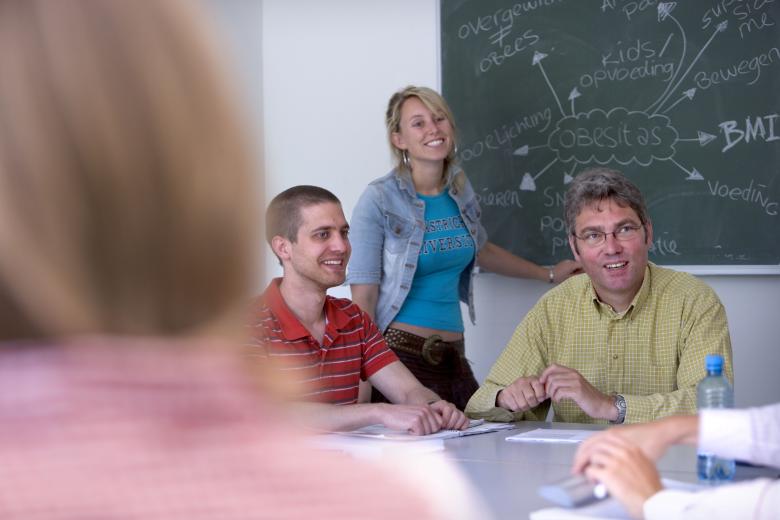GENIUS-lab: Using Artificial Intelligence to Help Humans
How can artificial intelligence help experts with their work? This is the topic that the newly established Genius Lab seeks to solve by investigating better techniques for artificial intelligence systems to extract information from data. The lab is a collaboration between Delft University of Technology, Maastricht University, dsm-firmenich, and Kickstart AI.
The GENIUS-lab (Generative Enhanced Next-Generation Intelligent Understanding Systems) focuses on the collaboration between people and artificial intelligence in discovering, managing, and accessing knowledge within large organizations. The research aims to accelerate the use of artificial intelligence in science, research, innovation, and operations. The focus is on areas where the use of artificial intelligence can have a major impact on knowledge management and decision-making for companies.

“Generative AI heralds exciting new possibilities for guided content creation, but it raises many questions with respect to data provenance, generative accuracy, and overall AI trustworthiness. At Maastricht University, we are thrilled to have this opportunity to work with our academic and industry partners to tackle social, scientific, and technical challenges pertaining to generative AI with our newly appointed PhD candidates.”
- Prof. Michel Dumontier (Maastricht University)
In the long term, the partners in GENIUS aim not only to improve the collaboration between people and artificial intelligence but also to increase the scalability, trustworthiness, and efficiency of AI-supported systems.
The new lab is a NWO long-term programme initiated by the Innovation Centre for Artificial Intelligence (ICAI). It was launched in early 2024.
Also read
-
A strong education network for Brabant and Limburg: better alignment, less dropout
On November 24, 2025, secondary schools (VO) and higher education institutions (HO) in Brabant and Limburg will sign up for the Education Network South Netherlands: one VO-HO network that will improve the flow of students to further education and reduce dropout rates.
-
AMIBM hosts the final Realise-Bio conference
The Aachen Maastricht Institute of Biobased Materials (AMIBM ) hosted last week the third and final Realise-Bio annual conference , bringing together the Dutch and German bioeconomy ecosystems at the Brightlands Chemelot Campus .
-
Teacher Information Points at UM
UM faculties now host Teacher Information Points (TIPs) that offer local, “just-in-time” and on-demand support for teaching staff. The aim is simple: to provide help that is closely connected to day-to-day teaching practice.